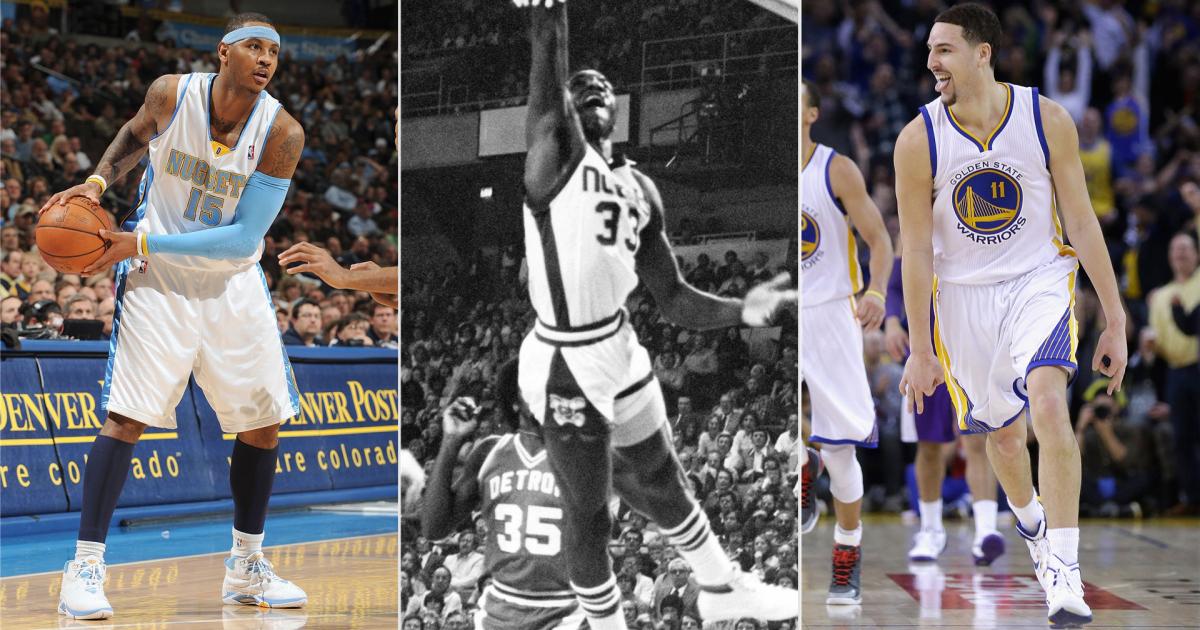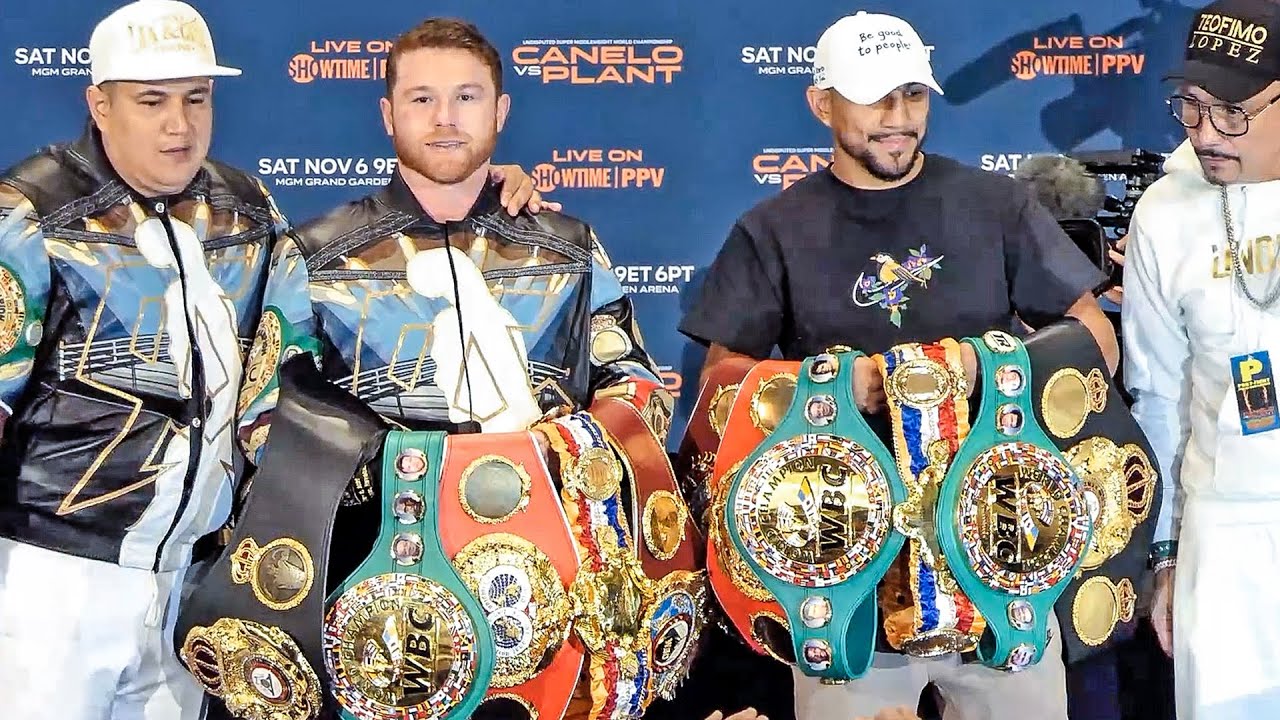Horror Reboot Vs. Stephen King: A Box Office Showdown?

Table of Contents
The Allure of Nostalgia: The Success of Horror Reboots
Horror reboots offer a potent blend of familiarity and fresh scares, often proving highly successful at the box office. This success stems from several key factors.
Capitalizing on Pre-existing Fanbases
- Leveraging existing brand recognition: Studios can significantly reduce marketing costs by building on the established awareness and anticipation surrounding a classic horror franchise. A recognizable title instantly generates interest.
- Reduced marketing costs: The pre-existing fanbase means less investment is needed in creating awareness. Marketing campaigns can focus on showcasing the new elements while tapping into the existing fanbase's nostalgia.
- Built-in audience anticipation: Fans of the original films are automatically intrigued, creating a built-in audience eager for the reboot. This translates to higher opening weekend box office numbers.
- Examples of successful horror reboots: The 2018 Halloween reboot revitalized the franchise, grossing over $255 million worldwide. Similarly, Scream (2022) proved the enduring appeal of the meta-horror slasher, proving that smart horror reboots can still succeed.
Modernizing Classic Horror Tropes
Successful horror reboots don't simply rehash the original; they update classic horror elements for modern sensibilities. This involves:
- Updating special effects: Modern technology allows for more visceral and realistic scares, enhancing the viewing experience for contemporary audiences.
- Incorporating contemporary themes: Reboots can explore relevant social anxieties and fears, making the story resonate with a modern audience.
- Blending nostalgia with contemporary scares: The best reboots strike a balance, honoring the original's legacy while injecting fresh elements to keep audiences on the edge of their seats. This blend of the familiar and the new is key.
The Risks of Reboots: Failing to Meet Expectations
While nostalgia can be a powerful tool, relying solely on it can backfire. Unsuccessful reboots often fall short due to:
- Poor scripts: A weak screenplay can undermine even the most iconic franchise, leading to a disappointing final product.
- Casting choices: Inadequate casting can alienate both new and old fans, impacting the overall reception.
- Deviating too far from the source material: While updating a story is important, altering it drastically can upset loyal fans and damage the film's connection to its legacy.
- Examples of unsuccessful reboots: Numerous horror reboots have failed to capture the magic of the original, highlighting the risks involved in relying solely on nostalgia.
The Enduring Power of Stephen King: A Constant Box Office Presence
Stephen King's enduring popularity translates directly into consistent box office success for his adaptations. His prolific output and versatile themes ensure a continuous stream of material.
King's Adaptability and Diverse Themes
King's works span various subgenres, including supernatural horror (It), psychological thrillers (The Shining), and crime dramas (The Shawshank Redemption). This diversity appeals to a broad audience, ensuring longevity.
- Successful King adaptations: The success of It (2017 and 2019), The Shawshank Redemption, and numerous other adaptations highlight the enduring appeal of King's stories.
- Resonating themes: King’s works tap into universal fears and anxieties, relating to themes of childhood trauma, societal pressures, and the darkness within humanity. These relatable themes drive audience engagement.
King's Loyal Fanbase and Cultural Impact
King boasts a massive and fiercely loyal readership. This translates to significant box office potential for his adaptations.
- Influence on box office success: King's dedicated fanbase guarantees a built-in audience for his adaptations, often translating to strong opening weekend numbers.
- Cultural impact: King’s works have permeated popular culture, influencing countless other films, books, and television shows. His name alone generates significant interest.
The Challenges of Adapting King's Works
Despite his success, adapting King's works presents unique challenges.
- Complex narratives: Translating King's intricate plots and richly developed characters onto the screen requires meticulous attention to detail.
- Nuances in character development: Capturing the depth and complexity of King's characters is essential for a successful adaptation.
- Examples of less successful adaptations: Some King adaptations have fallen short, illustrating the challenges involved in successfully translating his vast and complex worlds to the screen.
Head-to-Head Comparison: Reboot vs. King – A Box Office Battle
Comparing the box office performance and critical reception of recent horror reboots and King adaptations reveals valuable insights.
Analyzing Box Office Numbers and Critical Reception
A direct comparison of box office gross and critical reviews (Rotten Tomatoes scores, IMDB ratings) provides a quantitative and qualitative assessment of success for each category. This data reveals which types of horror films resonate most with audiences.
- Direct comparison: Comparing the box office numbers of successful reboots like Halloween (2018) with successful King adaptations like It (2017) provides a clear indication of relative success. Critical reception can also be compared.
Targeting Different Demographics
Horror reboots and King adaptations often target slightly different demographics.
- Target audience analysis: Horror reboots might appeal more to younger audiences familiar with the source material, while King adaptations can appeal to a broader audience due to the themes and genres represented across his work.
- Marketing strategies: Marketing campaigns for reboots often emphasize nostalgia, while marketing for King adaptations might highlight the specific themes and elements of the source material.
Conclusion
This analysis reveals that both horror reboots and Stephen King adaptations maintain a powerful presence at the box office, each with its own strengths and weaknesses. Reboots leverage pre-existing hype and established brand recognition, while King's consistent output and wide-ranging themes guarantee continued relevance. Ultimately, success hinges on quality execution and understanding the target audience.
So, who will win the next horror showdown? The answer likely lies in delivering compelling stories, regardless of whether it’s a fresh reboot or a new adaptation of a Stephen King masterpiece. Continue the conversation! Share your thoughts on which type of horror film you prefer – horror reboots or Stephen King adaptations – in the comments below!

Featured Posts
-
 Westbrook Cracks Top 20 In Nba Scoring Overtaking Kevin Garnett
May 05, 2025
Westbrook Cracks Top 20 In Nba Scoring Overtaking Kevin Garnett
May 05, 2025 -
 Exploring New Business Opportunities A Guide To The Countrys Hottest Markets
May 05, 2025
Exploring New Business Opportunities A Guide To The Countrys Hottest Markets
May 05, 2025 -
 Seagrass Restoration Bids To Revitalize Scotlands Coastal Ecosystem
May 05, 2025
Seagrass Restoration Bids To Revitalize Scotlands Coastal Ecosystem
May 05, 2025 -
 Nyc Boxing Canelos Press Conference Heralds Undisputed Championship Pursuit
May 05, 2025
Nyc Boxing Canelos Press Conference Heralds Undisputed Championship Pursuit
May 05, 2025 -
 Full List Celebrities Affected By The La Palisades Fires
May 05, 2025
Full List Celebrities Affected By The La Palisades Fires
May 05, 2025
